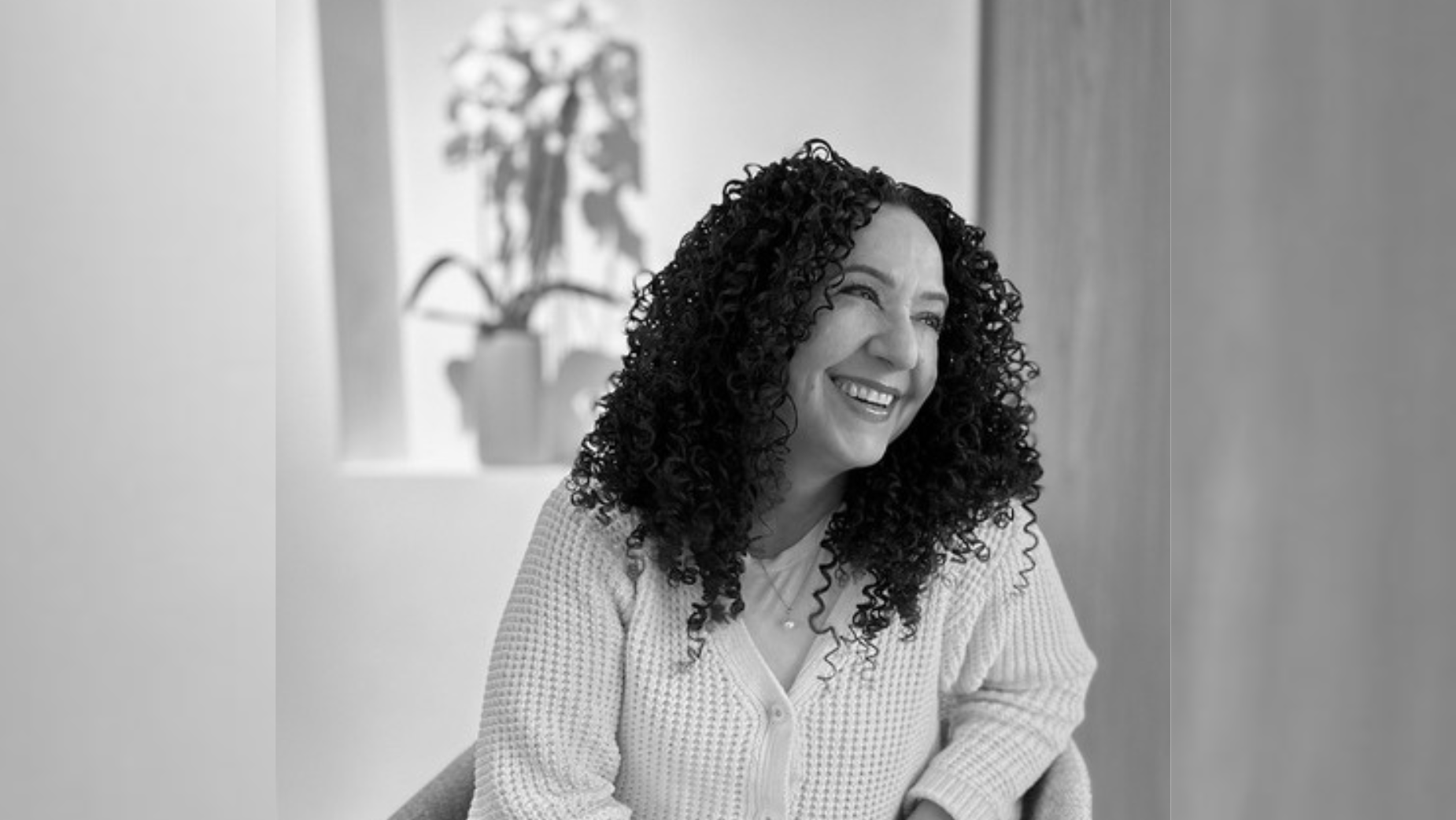
Producing Tomorrow's Producers: The Invaluable Traits of a Producer with Melissa Kahn

Melissa Kahn is an executive producer at Rooster with over 20 years of experience working with some of the top editorial talent in Canada. Her emphasis on strong relationships and appreciation for the craft of editing helps Rooster execute for their clients at the highest level. She continues to elevate the company’s profile through her leadership and involvement in award-winning campaigns.
LBB> What advice would you give to any aspiring producers or content creators hoping to make the jump into production?
Melissa> Have a passion for the creative and stay adaptable. We always look for someone who can think outside the box and be a great problem solver. Often even the small contributions are more valuable than you may expect.
LBB> What skills or emerging areas would you advise aspiring producers to learn about and educate themselves about?
Melissa> I think it’s important to educate yourself on where we've come from and where we are going as an industry. Some of our senior editors started their careers cutting film and have adapted with technology on the path to today's digital and content production. Staying up-to-date on emerging technologies is so important and always has been in this business. We are proud to have a production department that is well versed in a wide range of mediums and aspiring producers need to also have a current and diverse toolbox.
LBB>What was the biggest lesson you learned when you were starting out in production - and why has that stayed with you?
Melissa> When I started out, it was ingrained in me to never be embarrassed if there’s something you don’t know. Some people early in their careers are so eager to prove themselves that they’re afraid to ask questions, but in my experience, people can be very generous with their time and knowledge. Also know that success doesn’t come overnight - be patient with the time and the energy you put into it and it will inevitably pay off.
LBB>When it comes to broadening access to production and improving diversity and inclusion what are your team doing to address this?
Melissa> ‘Commercial Editor’ isn’t a very visible career path for young people with an interest in film. As a women owned company (and moms), we felt the root of change was in education. Rooster has been working with various local programs in diverse communities, hosting panels and offering mentorship to discuss various paths and roles in commercial post-production.
In working with these programs, we hope to lay the groundwork for more diversity in our own studio and make space for different voices and new perspectives.
LBB> And why is it an important issue for the production community to address?
Melissa> Without widening our reach, we are only talking to ourselves and keeping the industry small and insular. There is so much creative talent out there from so many communities and in a diverse city like Toronto, we would be doing a disservice without hearing from all of them.
LBB> There are young people getting into production who maybe don’t see the line between professional production and the creator economy, and that may well also be the shape of things to come. What are your thoughts about that? Is there a tension between more formalised production and the ‘creator economy’ or do the two feed into each other?
Melissa> Filming and editing have never been more accessible and there are so many talented people using these tools to create in a range of spaces. At Rooster, we embrace all projects and strive to create an interesting story whether it’s within a long format story with high production value or a six second social post. I think that there will always be a place for specialists who are creating at a high level, with an emphasis on craft.
LBB> If you compare your role to the role of the executive producers when you first joined the industry, what do you think are the most striking or interesting changes (and what surprising things have stayed the same?)
Melissa> Primarily we manage people, ideas, and the creative editorial process - ensuring the directors, agencies and clients we work with are happy and come out with the best possible product. That has never changed. Over the years, we have seen budgets and timelines crunched while the volume of outputs grows, so I imagine that is what has changed the most. The challenge is how to get creative with our budgets and requests while still offering the highest level of creative editorial and service.
LBB> When it comes to educating producers how does your agency like to approach this? (I know we’re always hearing about how much easier it is to educate or train oneself on tech etc, but what areas do you think producers can benefit from more directed or structured training?)
Melissa> Immerse yourself in the process. At Rooster, when a new producer begins, mentorship from the EPs as well as the editors is key to their success. Like everyone, it was a struggle to teach during the covid years while we were working remotely. Having been back in the office full-time for a while now, we're reminded that nothing can replace the education that a new producer gets from being immersed in the edit suite, the culture, and having chats over coffee instead of Zoom.
Our editors are always staying on top of new tech which are in turn shared with the production team. This gives our young producers the tools they need to see their projects through while being hands-on from shoot to finishing.
LBB> It seems that there’s an emphasis on speed and volume when it comes to content - but to where is the space for up and coming producers to learn about (and learn to appreciate) craft?
Melissa> We firmly believe that craft always comes first in everything we do. I’m a very hands-on person and when I started my career, I was fortunate enough to have my EP and editors invite me to observe them and their process which was a great experience.
Their skills and dedication to their craft was inspiring to me and sparked an appreciation for good creative that has continued to guide my career. That mentorship is something we continue to offer as EPs. And our editors are often happy to explain their process and share their ideas so that our producers can gain that knowledge and understanding of editorial and post-production.
LBB> On the other side of the equation, what’s the key to retaining expertise and helping people who have been working in production for decades to develop new skills?
Melissa> Embrace new technologies and stay curious. Some of our processes and tools stay the same but technology is constantly evolving and new platforms emerge. We continue to learn and add to them.
LBB> Clearly there is so much change, but what are the personality traits and skills that will always be in demand from producers?
Melissa> Someone who can look at a situation without getting discouraged - a problem solver with a positive attitude. We handle clients, creatives, and expectations and how you manage all of that is first and foremost. Interpersonal skills are something you either have or you don't and they are an invaluable trait.















